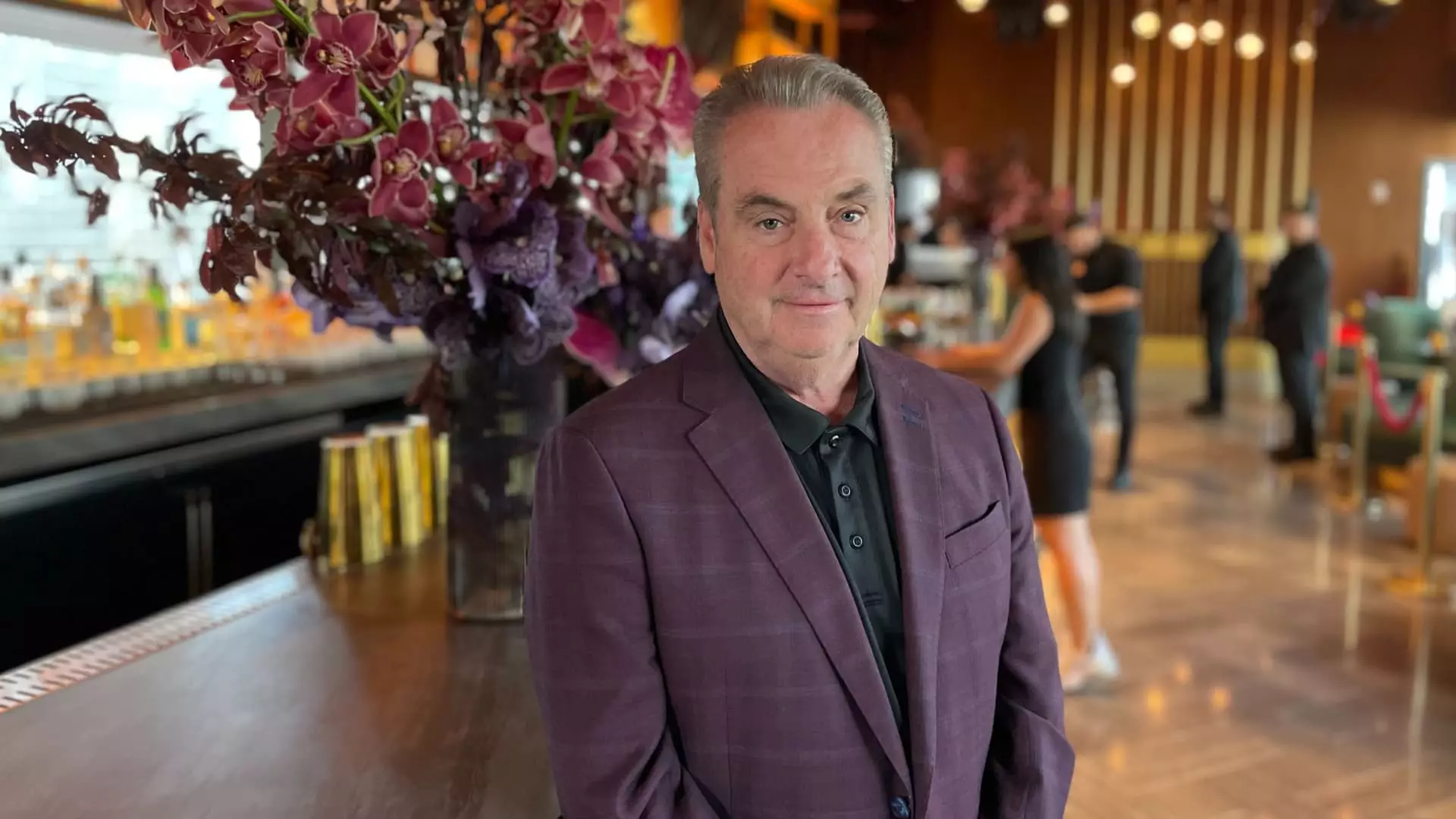Florida’s sports betting scene is on the verge of transformation as Hard Rock’s leadership expresses openness to partnerships with major commercial sportsbooks. Historically, the dynamics of this market have been shaped by the Seminole Tribe’s exclusive rights, which were secured through a tense battle against industry titans like FanDuel and DraftKings. While these rival companies attempted to navigate legal and logistical hurdles to gain a foothold in Florida, they ultimately fell short in 2021. With the evolving regulatory landscape, Hard Rock’s potential collaborations could shake up an industry that has long been eyeing the lucrative Floridian market.
Building Bridges with Major Players
Jim Allen, Chairman of Hard Rock International and CEO of Seminole Gaming, recently indicated his readiness to explore opportunities with prominent sportsbook operators. During an interview at the Global Gaming Expo in Las Vegas, Allen highlighted ongoing discussions with both FanDuel and DraftKings. His comments revealed a shift in strategy as he acknowledged the mutual benefits that could arise from alliances with these established brands. By establishing a cooperative environment, Hard Rock may not only bolster its market presence but also tap into the extensive experience that these companies bring to the table.
FanDuel CEO Amy Howe’s remarks about attempting to re-enter the Florida landscape suggest that the desire for this market remains strong among major operators. With Florida boasting a population surpassing that of New York state—currently the leader in sports betting revenue—it is easy to see why companies are keen to establish a presence there. Additionally, the state’s vibrant sports culture, featuring over 20 professional and Division 1 college teams, positions it as a prime target for sportsbook expansions. How these companies navigate Hard Rock’s existing monopoly will be critical to determining their success in Florida.
Sport Betting: A New Chapter for Florida
In December, Hard Rock marked a significant milestone by launching a sports betting platform in Florida, signifying what it described as “a new chapter in Florida gaming.” This development, along with the expansion of gaming options at several Seminole casinos, highlights the increasing importance of the Florida market within the broader context of U.S. sports betting. However, with the Seminole Tribe operating as a sovereign entity, transparency around revenue figures remains constrained, leaving stakeholders speculating about the real impact of these developments.
As discussions unfold and potential partnerships are explored, the future of sports betting in Florida could look markedly different. Should Hard Rock forge ties with influential sportsbooks like FanDuel or DraftKings, the game could change for both the operators and bettors alike. The potential for wider access and innovative offerings could enhance the betting experience, solidifying Florida’s status as an emerging hub in the rapidly growing sports betting sector. Ultimately, it will be intriguing to observe how these negotiations progress and if they lead to a more competitive and consumer-friendly marketplace in the Sunshine State.

